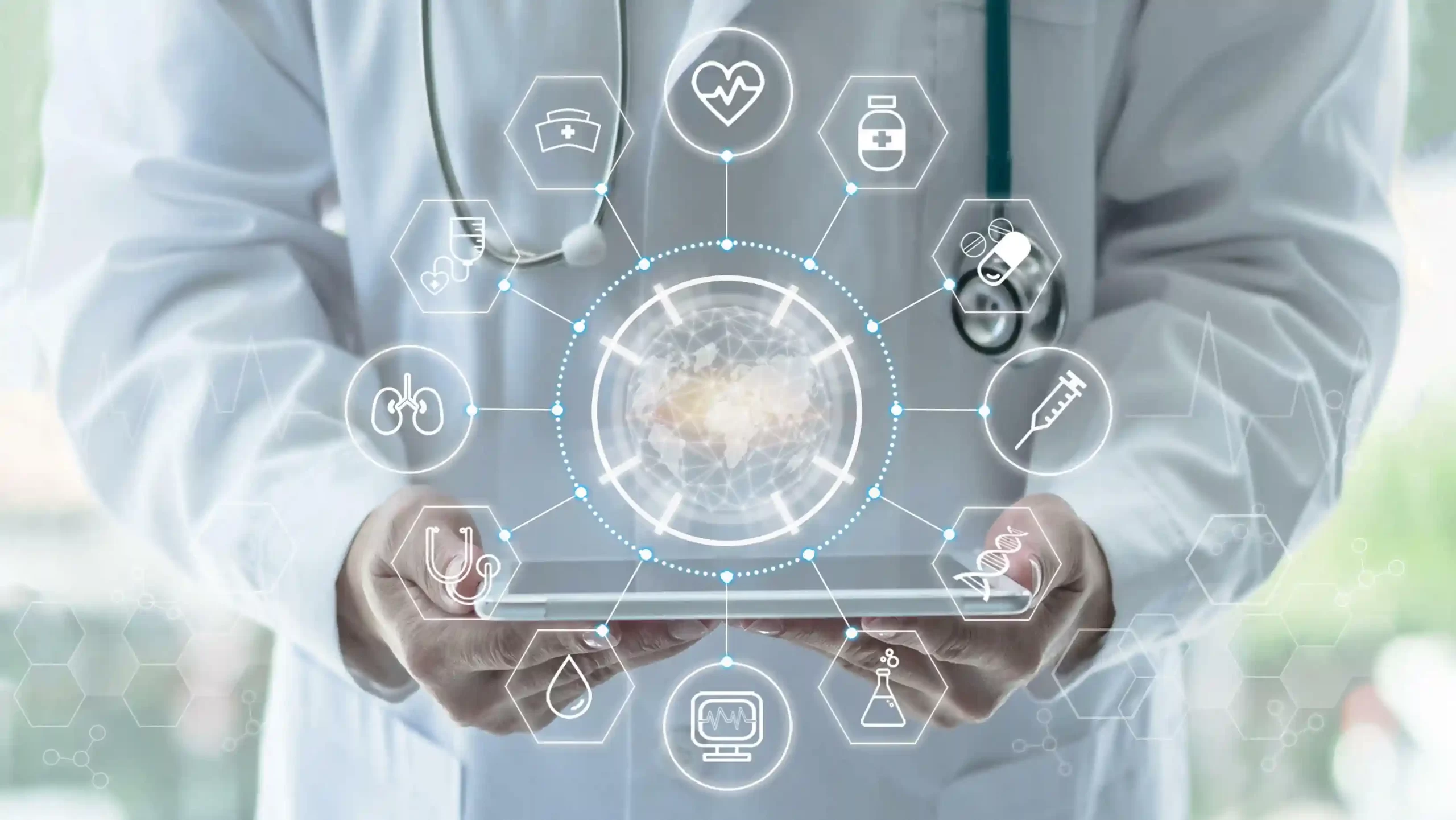Artificial intelligence (AI) has been increasingly integrated into various aspects of medicine, revolutionizing healthcare in several ways. Here are some key functions of AI in the field of medicine:
- Diagnosis and Disease Detection:
- Medical Imaging Analysis: For example, AI is used in detecting tumors, fractures, and abnormalities in medical images.
- Pathology Analysis: AI helps pathologists analyze tissue samples, aiding in the diagnosis of diseases like cancer. It can identify patterns and anomalies in pathology slides more efficiently than traditional methods.
- Drug Discovery and Development:
- Drug Target Identification: AI accelerates the identification of potential drug targets by analyzing biological data, genomic information, and protein structures.
- Virtual Screening: AI is used to predict how different compounds will interact with biological targets, speeding up the drug discovery process and reducing costs.
- Personalized Medicine:
- Genomic Medicine: AI analyzes genetic data to identify patterns and variations associated with diseases. This information can be used to tailor treatment plans to individual patients, considering their genetic makeup.
- Predictive Analytics: AI algorithms can predict patient outcomes and identify individuals at higher risk of developing certain conditions, allowing for proactive and personalized interventions.
- Treatment Planning and Decision Support:
- Clinical Decision Support Systems (CDSS): AI systems provide healthcare professionals with evidence-based recommendations for diagnosis and treatment, considering patient-specific data and medical literature.
- Radiotherapy Planning: AI assists in planning radiation therapy by optimizing the radiation dose and targeting tumors more precisely, minimizing damage to surrounding healthy tissues.
- Virtual Health Assistants and Chatbots:
- Patient Interaction: AI-powered virtual assistants and chatbots engage with patients, answer queries, and provide information on medications, symptoms, and lifestyle changes.
- Appointment Scheduling: AI-driven systems can streamline appointment scheduling, helping patients access healthcare services more efficiently.
- Administrative Tasks and Workflow Optimization:
- Billing and Coding Automation: AI helps automate administrative tasks such as medical billing and coding, reducing errors and improving efficiency.
- Resource Allocation: AI assists in optimizing hospital and clinic workflows, ensuring efficient use of resources and minimizing wait times.
- Remote Patient Monitoring:
- Wearable Devices: AI analyzes data from wearable devices to monitor patients’ health remotely, providing early warnings for potential health issues.
- Telehealth: AI facilitates remote consultations and telehealth services, enhancing access to medical expertise and reducing the need for physical visits.
The integration of AI in medicine holds great promise for improving patient outcomes, optimizing healthcare processes, and advancing medical research and innovation. However, it is important to address ethical considerations, data privacy concerns, and ensure that AI technologies are validated and regulated to meet the highest standards of safety and efficacy in healthcare settings.
